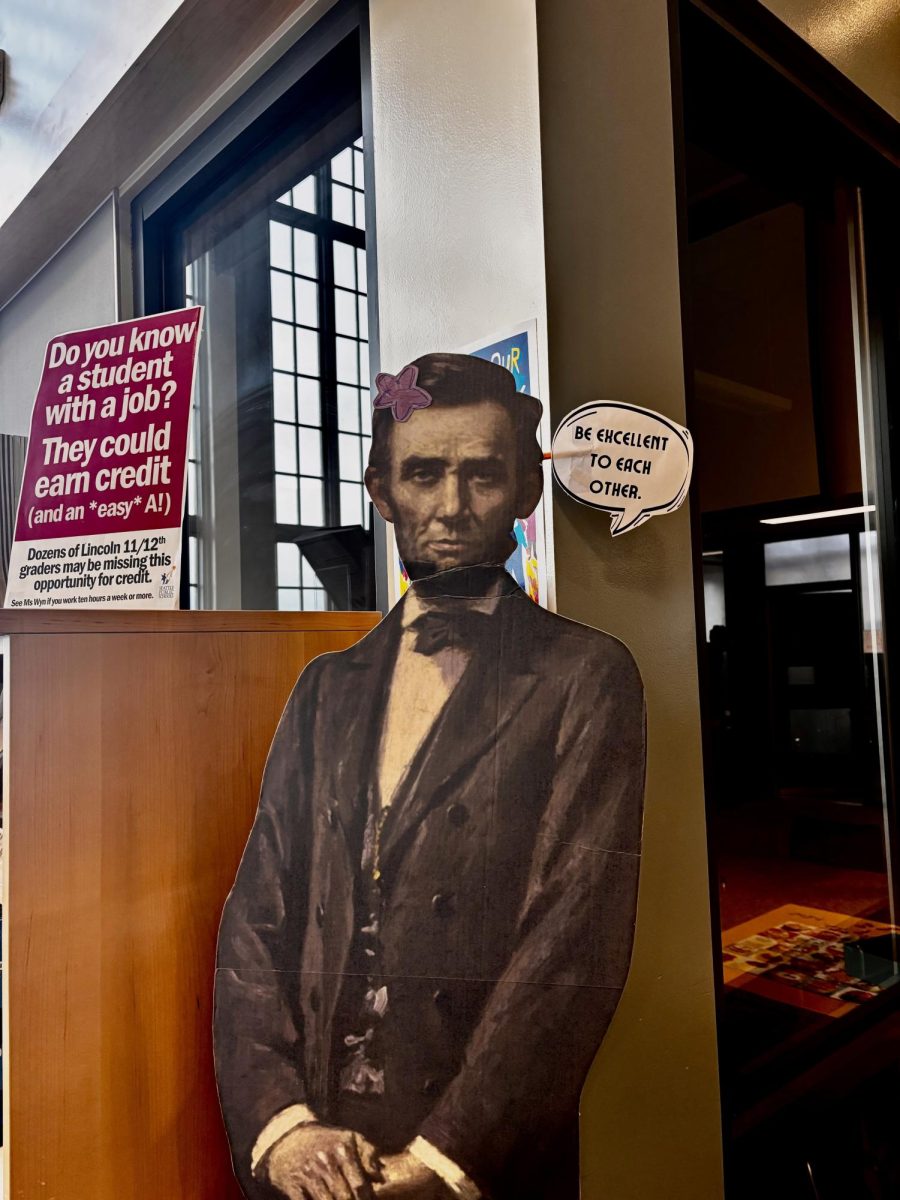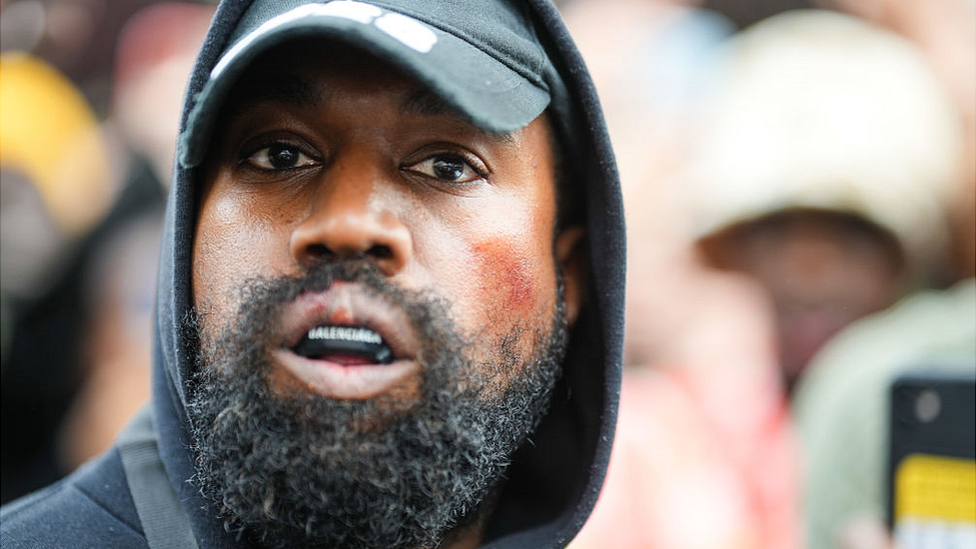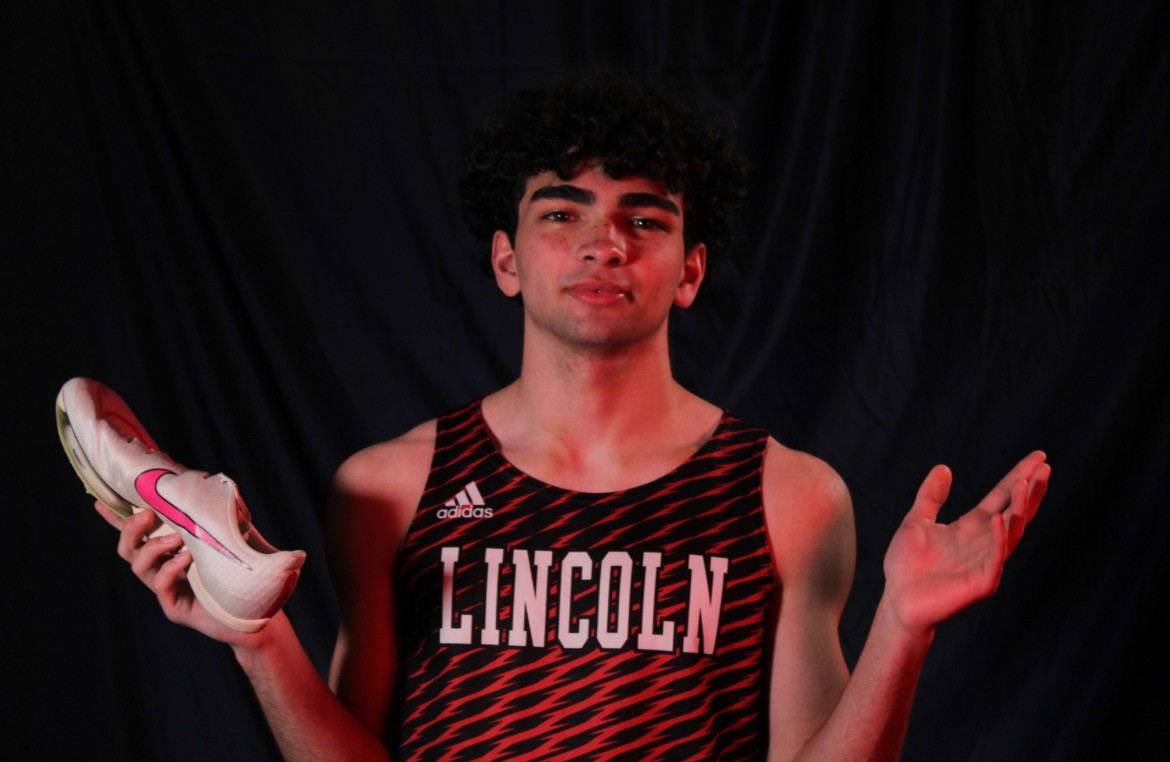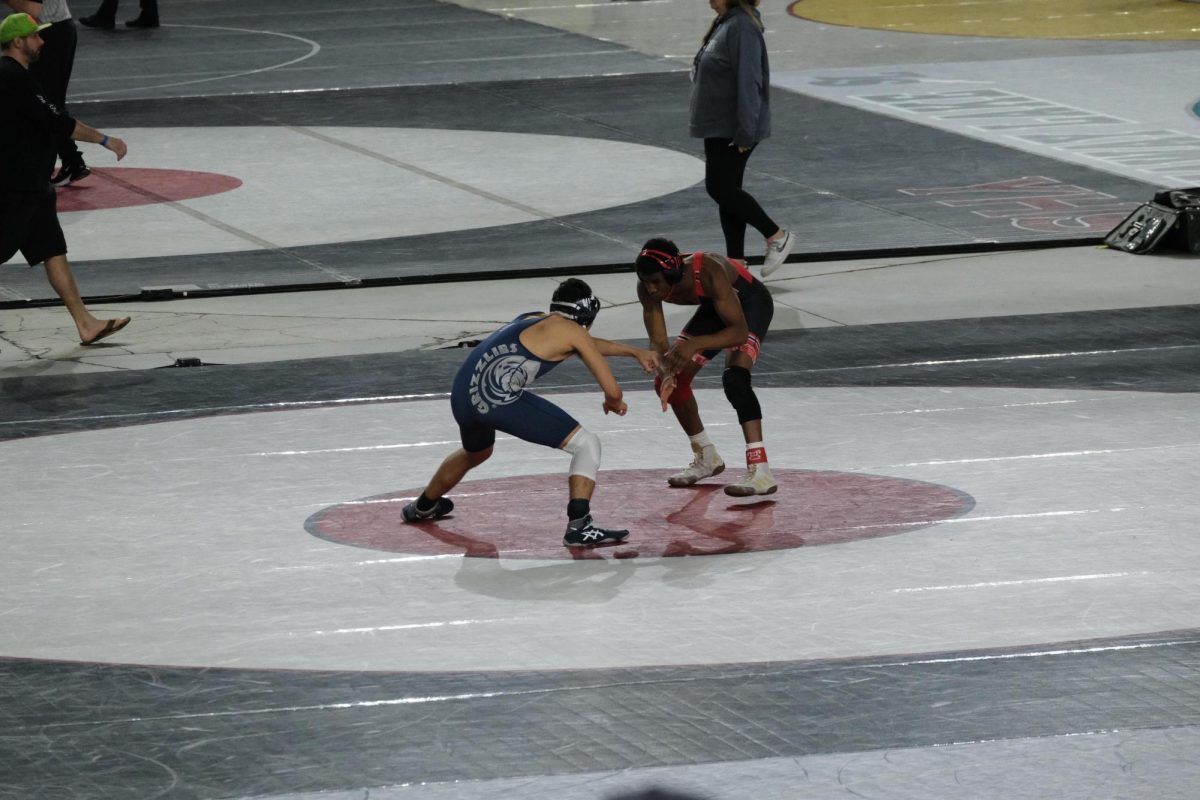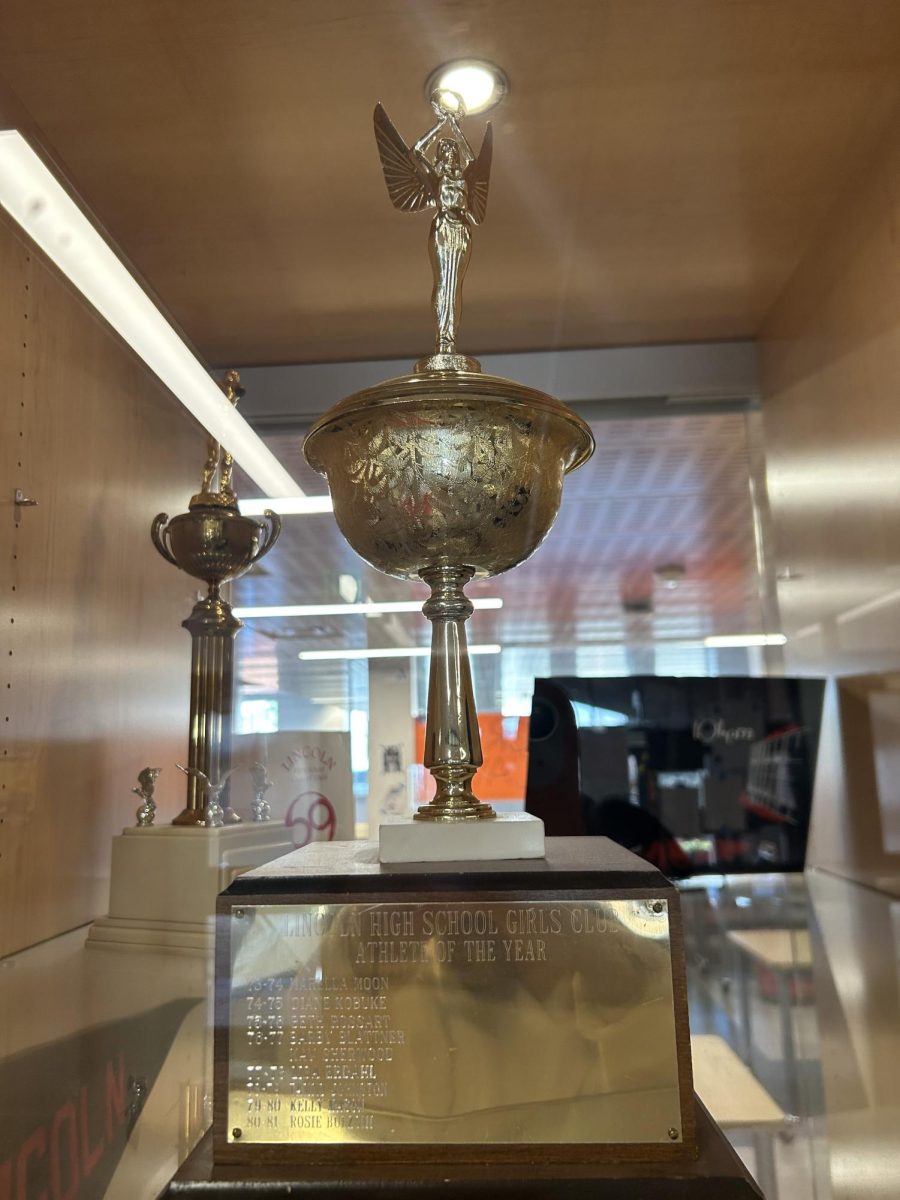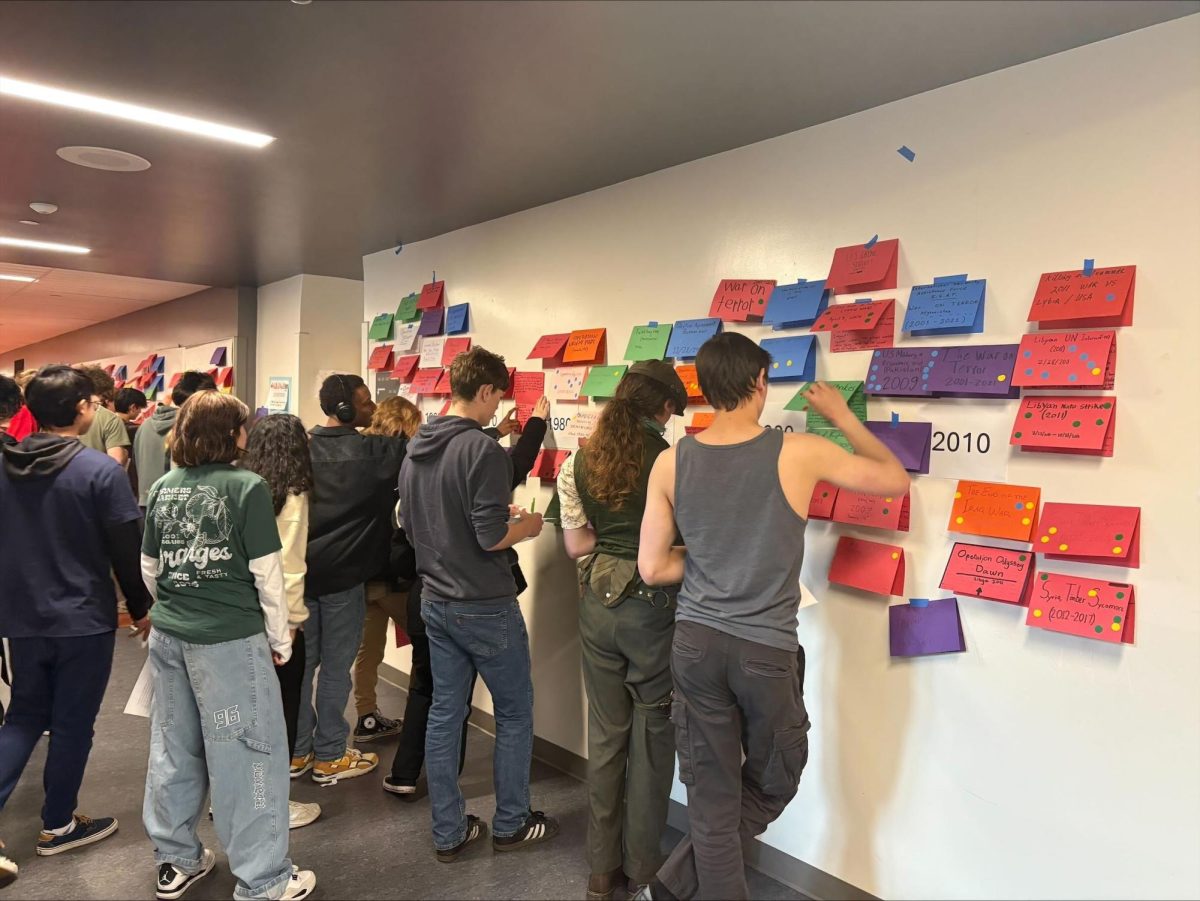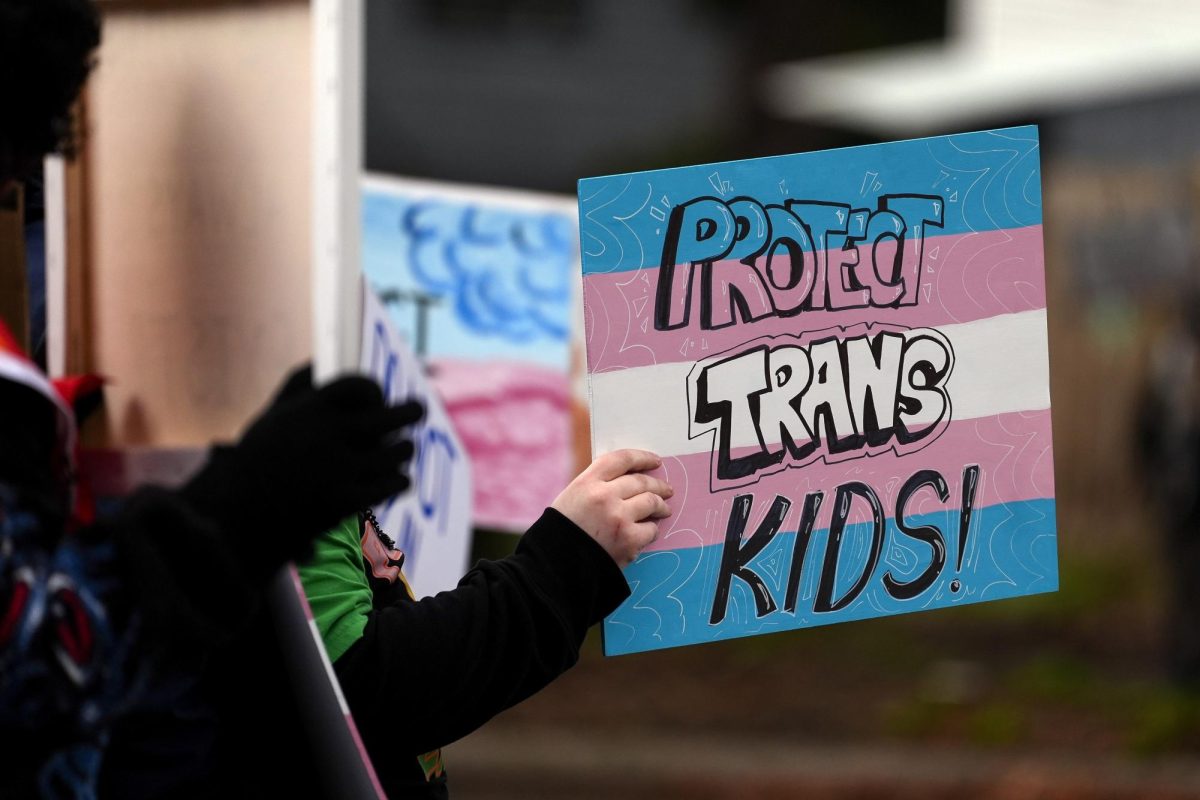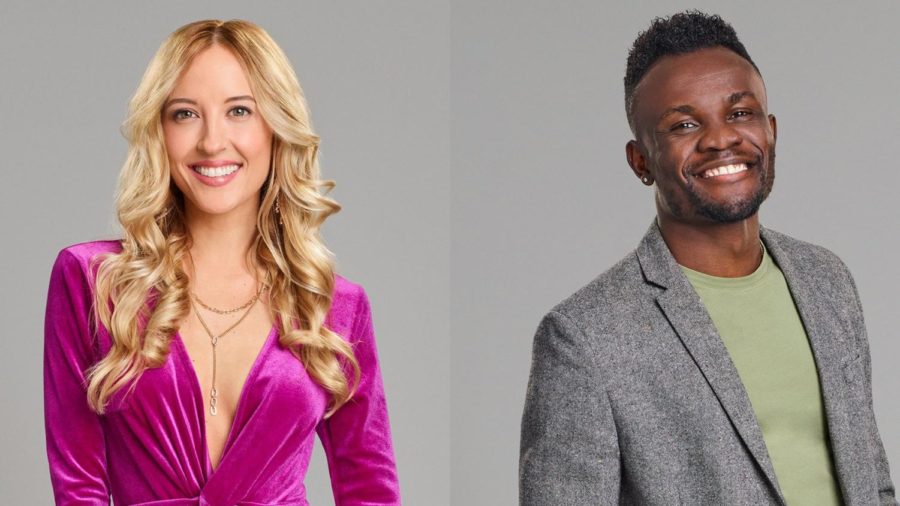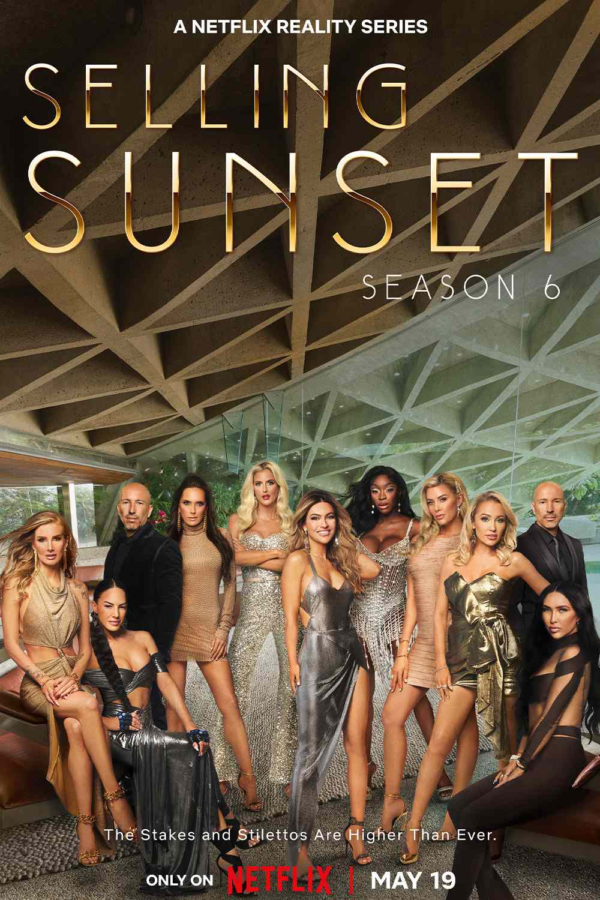Ethics Club

November 16, 2022
The first line on an Ethics Club flyer handed out to students at the ninth-grade fair earlier this year read, “THIS IS NOT DEBATE TEAM”. The leaders of the team had had quite a few experiences with students coming into their club expecting an argumentative, debate-like environment. If the tagline can tell you anything, that’s not what Ethics Club is at all. But what is Ethics Club?
When asked, club president Madeline “Joe” Fox started by talking about the national ethics bowl. The national ethics bowl compiles a set of cases related to different ethical issues and questions. Here’s the link to this year’s cases if you’re interested. Different high school clubs and teams can look over and discuss these cases. The whole point is to have the best discussion possible, “really evaluating every perspective and making sure you go in depth on every argument,” Fox shared. It is important to really look into the nuances of each case. Every meeting is spent discussing a different case to prepare the team for the UW-run Ethics Bowl competition, in which the teams discuss the cases in front of judges and with other teams from schools around the state.
Fox started the club in her sophomore year after being invited to volunteer at and watch an Ethics Bowl competition by a woman she worked with in UW philosophy programs. “I had gotten into different kinds of ethics stuff from looking at online classes and had worked with UW stuff like the Robertson center and PLATO.”
When asked if she thinks the club has helped her become more ethical or conscious, she mentioned a case the club discussed last year about technology, which “made [her] think about really wanting to be more careful on social media platforms…I think that thinking about these things on a larger scale makes it so you want to be more ethical in your little small scale.”
Fox also said that the community of Ethics Club is a “vibrant”, “fun”, and “we don’t take ourselves too seriously…I do think that we have more fun than other Ethics club from throughout the district.” But that doesn’t mean the club doesn’t have in depth academic discussions or know when to get serious.
“We obviously have to be really conscious about the people in the room,” Fox said when asked about how the club navigates nuanced conversations about complicated real-world issues like COVID vaccination and political policies. “When we’re talking about cases, especially cases that surround something like racial bias, we need to be conscious that most of the people in the room are white…it’s not super diverse and we need to be aware of that and we need to watch ourselves and think about how our conversations might change if there were people of different races or ethnicities in the room,” she continued. “We need to be thinking how our race and ethnicity and how we go about life impacts the way we think and talk about these issues.”
She added that the club members are always respectful about issues, and that very rarely does anyone have to be called out for inappropriate behavior. “I do think that people are aware of [the need to be mindful and respectful] …no one really goes out of their way to play devil’s advocate.” Challenging the perspective of the group is welcome, but a “devil’s advocate” type pushing of personal boundaries is not. It is in this way that Ethics Club maintains a safe space.
Finally, when asked about what she wants for Ethics Club after her graduation this spring, she said, “I want to work with our juniors and sophomores to make sure the club is going to exist when I’m gone. And honestly, if it does, and they keep going with it, I’d say that’s a success.”
Ethics Club currently meets every Wednesday morning at 8am in Mr. D’Amico’s room (351). Follow @lincolnseattle_ethics on Instagram for more information and updates!

